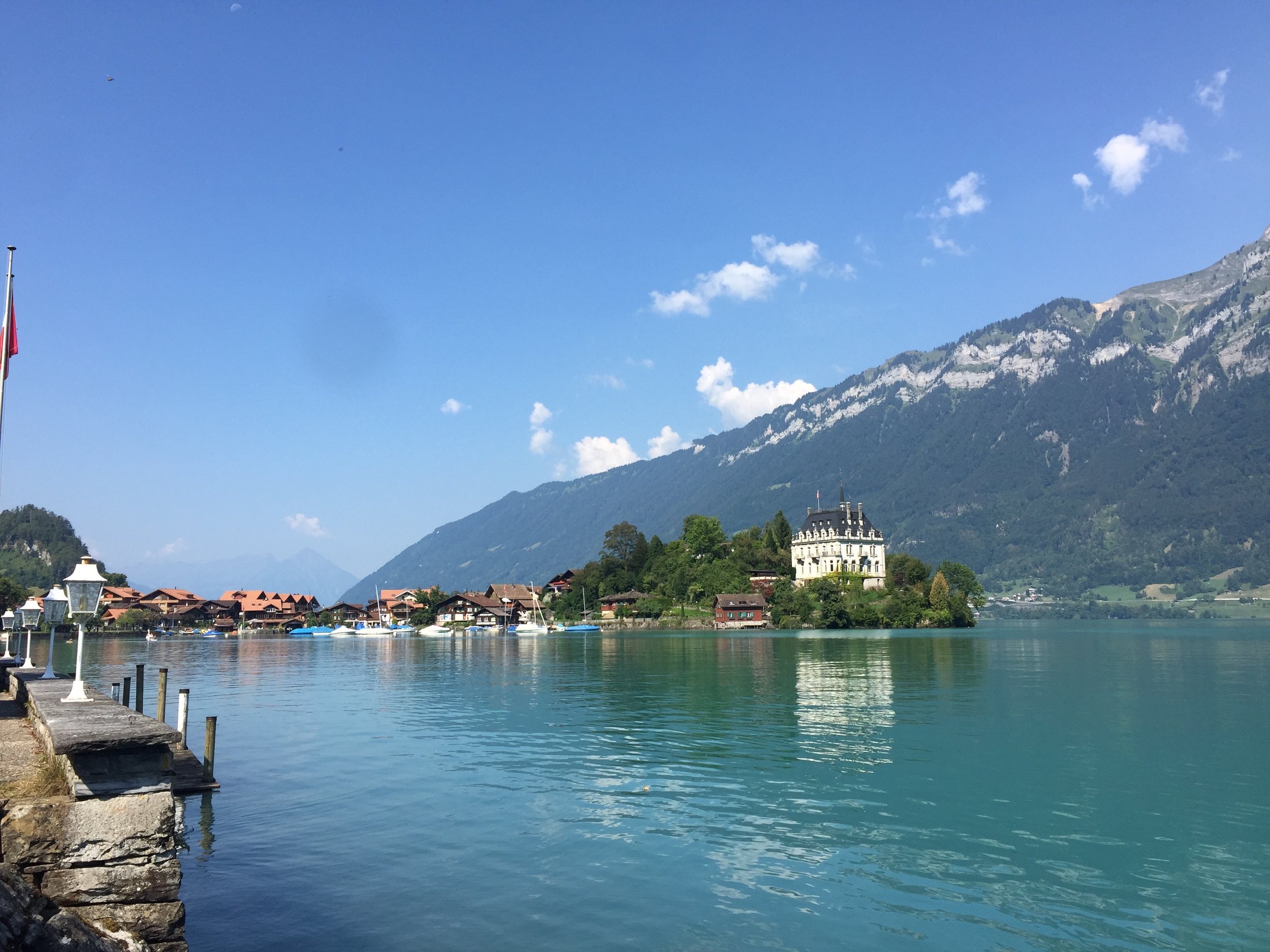
Reviews
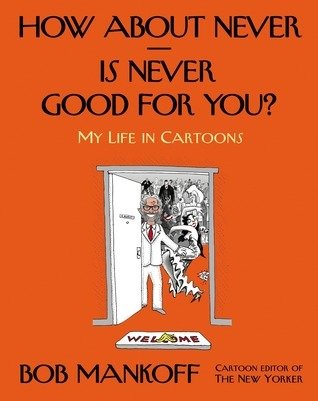
How about Never, is Never Good For You?
Memoir in cartoons by the longtime cartoon editor of The New Yorker
People tell Bob Mankoff that as the cartoon editor of The New Yorker he has the best job in the world. Never one to beat around the bush, he explains to us, in the opening of this singular, delightfully eccentric book, that because he is also a cartoonist at the magazine he actually has two of the best jobs in the world. With the help of myriad images and his funniest, most beloved cartoons, he traces his love of the craft all the way back to his childhood, when he started doing funny drawings at the age of eight. After meeting his mother, we follow his unlikely stints as a high-school basketball star, draft dodger, and sociology grad student. Though Mankoff abandoned the study of psychology in the seventies to become a cartoonist, he recently realized that the field he abandoned could help him better understand the field he was in, and here he takes up the psychology of cartooning, analyzing why some cartoons make us laugh and others don't. He allows us into the hallowed halls of The New Yorker to show us the soup-to-nuts process of cartoon creation, giving us a detailed look not only at his own work, but that of the other talented cartoonists who keep us laughing week after week. For dessert, he reveals the secrets to winning the magazine's caption contest. Throughout How About Never--Is Never Good for You?, we see his commitment to the motto "Anything worth saying is worth saying funny."
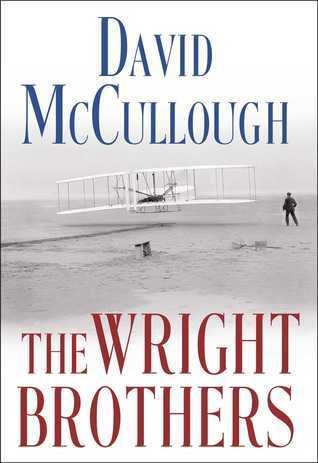
The Wright Brothers
Two-time winner of the Pulitzer Prize David McCullough tells the dramatic story-behind-the-story about the courageous brothers who taught the world how to fly: Wilbur and Orville Wright.
On a winter day in 1903, in the Outer Banks of North Carolina, two unknown brothers from Ohio changed history. But it would take the world some time to believe what had happened: the age of flight had begun, with the first heavier-than-air, powered machine carrying a pilot.
Who were these men and how was it that they achieved what they did?

With New Eyes
Heidi Siefkas lost her health, her career, and her marriage after she was struck by a one-thousand-pound tree branch. While she made great strides in her physical and emotional recovery in the months that followed—an arduous process that she chronicled in “When All Balls Drop” —Heidi wasn't content to merely survive her setbacks. The time was right to build a new life. One she could live on her own terms.
But what would a redesigned life look like? In her quest for answers, Heidi returned to her childhood home in Wisconsin, dove into the South Florida dating scene, revisited old flames in New England, sold her first home, jumped out of a plane, and traveled alone to South America. Every leg of her journey provided a healthy dose of perspective.
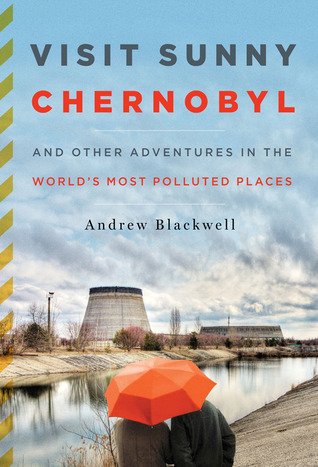
Visit Sunny Chernobyl
For most of us, traveling means visiting the most beautiful places on Earth--Paris, the Taj Mahal, the Grand Canyon. It's rare to book a plane ticket to visit the lifeless moonscape of Canada's oil sand strip mines, or to seek out the Chinese city of Linfen, legendary as the most polluted in the world. But in Visit Sunny Chernobyl, Andrew Blackwell embraces a different kind of travel, taking a jaunt through the most gruesomely polluted places on Earth.
From the hidden bars and convenience stores of a radioactive wilderness to the sacred but reeking waters of India, Visit Sunny Chernobyl fuses immersive first-person reporting with satire and analysis, making the case that it's time to start appreciating our planet as it is--not as we wish it would be. Irreverent and reflective, the book is a love letter to our biosphere's most tainted, most degraded ecosystems, and a measured consideration of what they mean for us.

The Collapse
On the night of November 9, 1989, massive crowds surged toward the Berlin Wall, drawn by an announcement that caught the world by surprise: East Germans could now move freely to the West. The Wall—infamous symbol of divided Cold War Europe—seemed to be falling. But the opening of the gates that night was not planned by the East German ruling regime—nor was it the result of a bargain between either Ronald Reagan or George H.W. Bush and Soviet leader Mikhail Gorbachev.
It was an accident.
In “The Collapse”, prize-winning historian Mary Elise Sarotte reveals how a perfect storm of decisions made by daring underground revolutionaries, disgruntled Stasi officers, and dictatorial party bosses sparked an unexpected series of events culminating in the chaotic fall of the Wall. With a novelist’s eye for character and detail, she brings to vivid life a story that sweeps across Budapest, Prague, Dresden, and Leipzig and up to the armed checkpoints in Berlin.
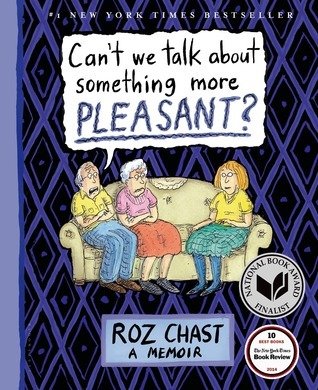
Can’t We Talk About Something More Pleasant?
In her first memoir, Roz Chast brings her signature wit to the topic of aging parents. Spanning the last several years of their lives and told through four-color cartoons, family photos, and documents, and a narrative as rife with laughs as it is with tears, Chast's memoir is both comfort and comic relief for anyone experiencing the life-altering loss of elderly parents.
When it came to her elderly mother and father, Roz held to the practices of denial, avoidance, and distraction. But when Elizabeth Chast climbed a ladder to locate an old souvenir from the "crazy closet"--with predictable results--the tools that had served Roz well through her parents' seventies, eighties, and into their early nineties could no longer be deployed.

My Drunk Kitchen
One day, sad cubicle dweller and otherwise bored New York transplant Hannah Hart decided, as a joke, to make a fake cooking show for her friend back in California. She turned on the camera, pulled out some bread and cheese, and then, as one does, started drinking. (Doesn't everyone cook with a spoon in one hand and a bottle of wine in the other?) The video went viral and an online sensation was born.
“My Drunk Kitchen” includes recipes, stories, full color photos, and drawings to inspire your own culinary adventures in tipsy cooking. It is also a showcase for Hannah Hart's great comedic voice. Hannah offers key drink recommendations, cooking tips

Jack: Straight from the Gut
Nearly 20 years ago, former General Electric CEO Reg Jones walked into Jack Welch's office and wrapped him in a bear hug. "Congratulations, Mr. Chairman", said Reg. It was a defining moment for American business. So begins the story of a self-made man and a self-described rebel who thrived in one of the most volatile and economically robust eras in U.S. history, while managing to maintain a unique leadership style. In what is the most anticipated book on business management for our time, Jack Welch surveys the landscape of his career running one of the world's largest and most successful corporations.

Seachange @ Work
“Seachange @ Work” brings ancient wisdom and energy techniques into the modern workplace to reshape your work habits, rejuvenate the work environment and create more personal energy.
Learn how to track and manage your energy levels, be your true self at work, have energised working relationships and a supportive environment and more.
Just small adjustments bring authentic, positive change and increased energy to your working day and beyond.

Disneywar
“When You Wish Upon a Star," "Whistle While You Work," "The Happiest Place on Earth" -- these are lyrics indelibly linked to Disney, one of the most admired and best-known companies in the world. So when Roy Disney, chairman of Walt Disney Animation and nephew of founder Walt Disney, abruptly resigned in November 2003 and declared war on chairman and chief executive Michael Eisner, he sent shock waves through the entertainment industry, corporate boardrooms, theme parks, and living rooms around the world -- everywhere Disney does business and its products are cherished."DisneyWar" is the breathtaking, dramatic inside story of what drove America's best-known entertainment company to civil war, told by one of our most acclaimed writers and reporters.

